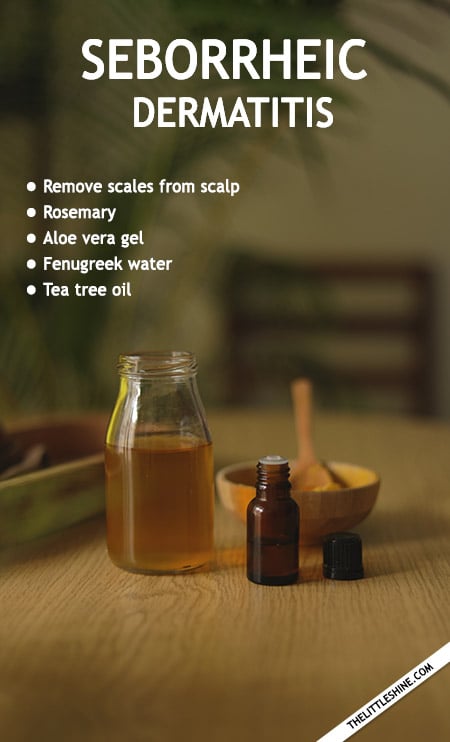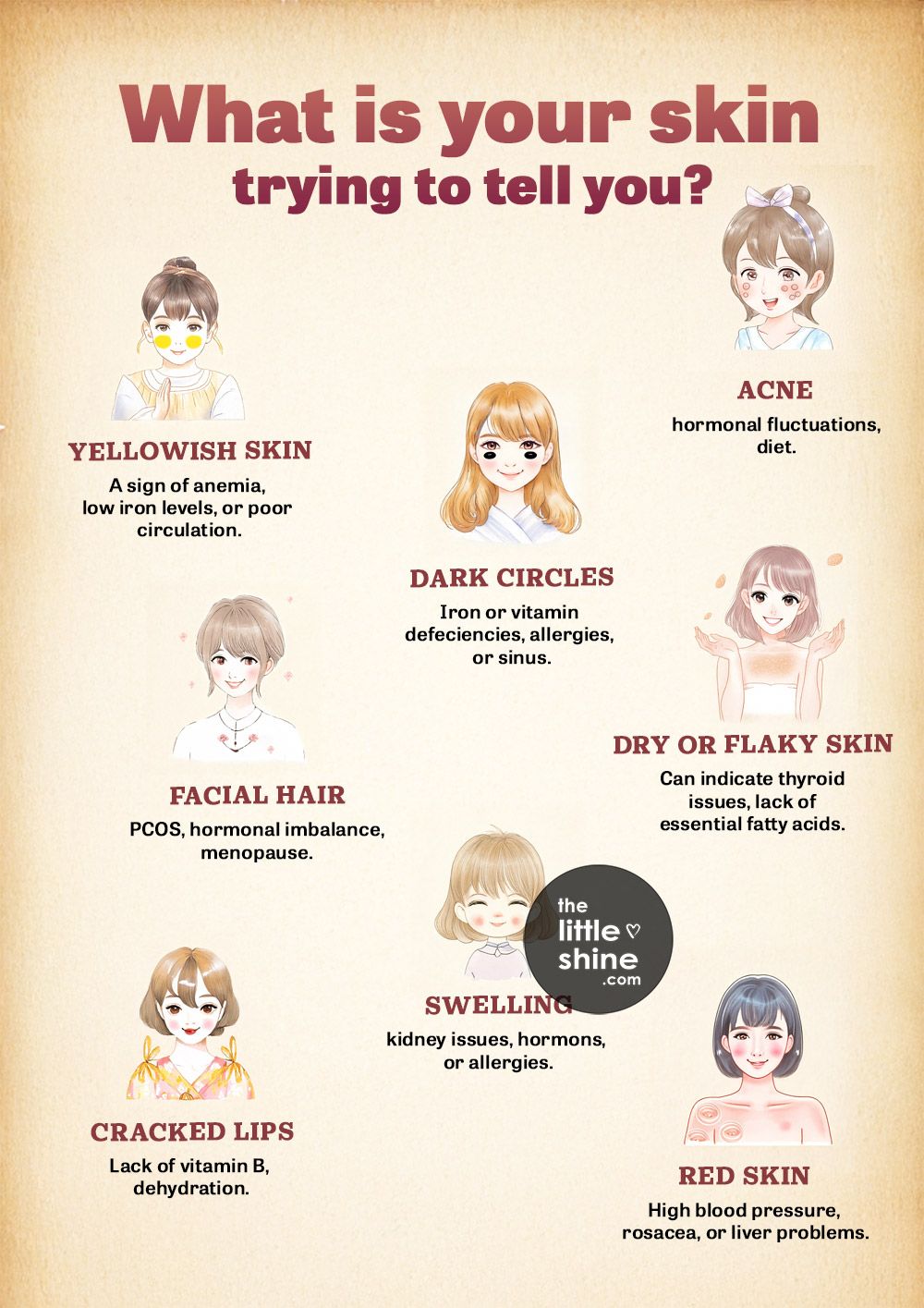SEBORRHEIC DERMATITIS CAUSES AND REMEDIES
Seborrheic dermatitis is a condition often confused with the condition dandruff, but it is important to note that these two medical conditions aren’t the same thing, but are similar in nature.

What is seborrheic dermatitis?
Seborrheic dermatitis is a condition that causes the skin to become red, dry and flaky in patches and makes the skin itch. Often you can find the patch have white or yellow crusty skin formations or scales. It is often commonly found on the scalp (also known as ‘cradle cap’), but can also be found on other parts of the body like the upper back, chest, face/forehead, navel, groin etc, where the body’s sebaceous glands are most active. Those people born with naturally oily skin or with overactive sebaceous glands are more prone to developing this condition. This disease is quite common, but is not contagious. The symptoms can be managed by medications and medical treatment, but may not get completely cured and can reappear over time.
What are the causes of seborrheic dermatitis?
- Every person has a type of yeast called Malassezia already present in their bodies. When this yeast comes in contact with the oil produced by the body’s sebaceous glands, it could have a reaction causing seborrheic dermatitis.
- If you have a family history of psoriasis or skin infections.
- Overactive sebaceous glands causing oily skin.
- Cold and dry climatic conditions.
- Stress or dealing with stressful situations.
How do you cure seborrheic dermatitis?
The only way you can “cure” seborrheic dermatitis is by treating its symptoms in order to reduce further outbreaks. Here are some methods you can use –
1. Medical treatments:
There are various kind of foams, gels, lotions, creams, shampoos, etc available for topical application on the skin.
Creams or shampoos that contain corticosteroids or hydrocortisone (drugs that help reduce and lower inflammation and control the pain, itching and swelling), can be used for a short period of time, upon medical recommendation.
Products containing coal tar can be useful, as coal tar is a type of medication that can help reduce the scaly formation on the skin. Coal tar belongs to a class of drugs called keratoplastics that can help increase dead skin cell shedding and decrease the growth of further skin cells.
Products containing anti-fungal and antibacterial components, salicylic acid, lactic acid, urea or propylene glycol can be used on medical recommendation in order to help reduce the scaling of the skin.
2. Natural Remedies :
Fenugreek water – Fenugreek not only helps to keep your scalp healthy but will also help to regrow thinning hair. READ MORE – FERMENTED FENUGREEK WATER FOR THICKER HAIR GROWTH
Fish oil: Fish like mackerels, sardines etc, are high in omega-3 fatty acids which is beneficial for people with seborrheic dermatitis because omega-3s can help reduce the symptoms as it has anti-inflammatory properties. For those who do not consume fish, can consume fish oil capsules on the recommendation of your doctor.
Aloe vera gel: Topical use of aloe vera gel can help reduce and treat the symptoms like redness, itching etc as it has anti-inflammatory properties. Caution: Certain people can have allergic reactions to aloe vera gel and therefore, it is essential to do a patch test before complete application. If any irritation is caused, discontinue its usage with immediate effect.
Tea-tree oil: Tea-tree oil is well-known for its anti-inflammatory effects and can be used for topical use by diluting it with a carrier oil in the ratio of around 3 to 4 drops of tea-tree oil for every 30 ml of carrier oil. Caution: Patch test is recommended.
Rosemary – Rosemary is a rich source of antioxidants and anti-inflammatory compounds that help to keep your scalp healthy and also stops hair fall. READ MORE – OVERNIGHT HERBAL SCALP TONIC for faster hair growth
3. Proper skin care:
This one is important as improper skin hygiene can contribute to increasing and worsening the symptoms you already have. Washing the affected areas with a soap or cleanser containing Pyrithione Zinc, on the recommendation of a professional medical practitioner can be helpful.
Exposing yourself to sufficient amount of sunlight can help reduce or stop the growth of the yeast that inflames the skin and can cause the seborrheic dermatitis to increase or flare –up.
Caution:
Remember to get diagnosed by a professional dermatologist before using any methods of treatment.

